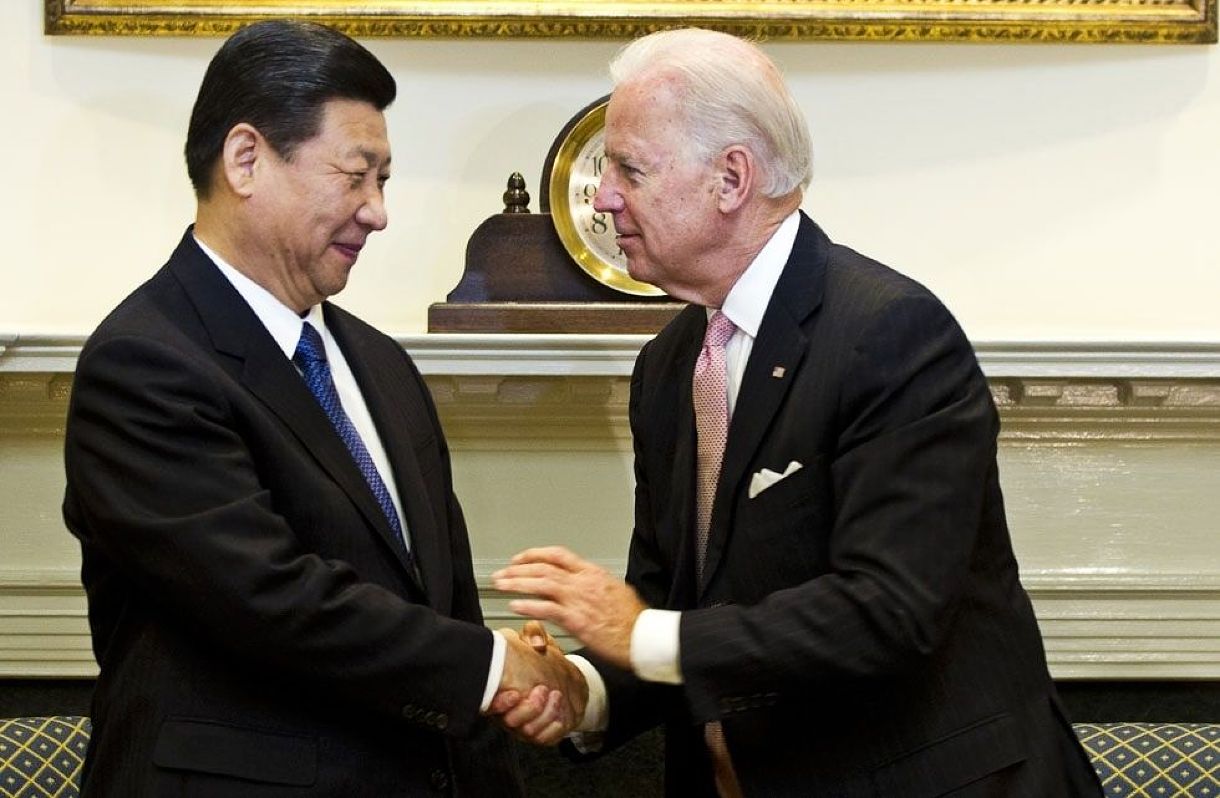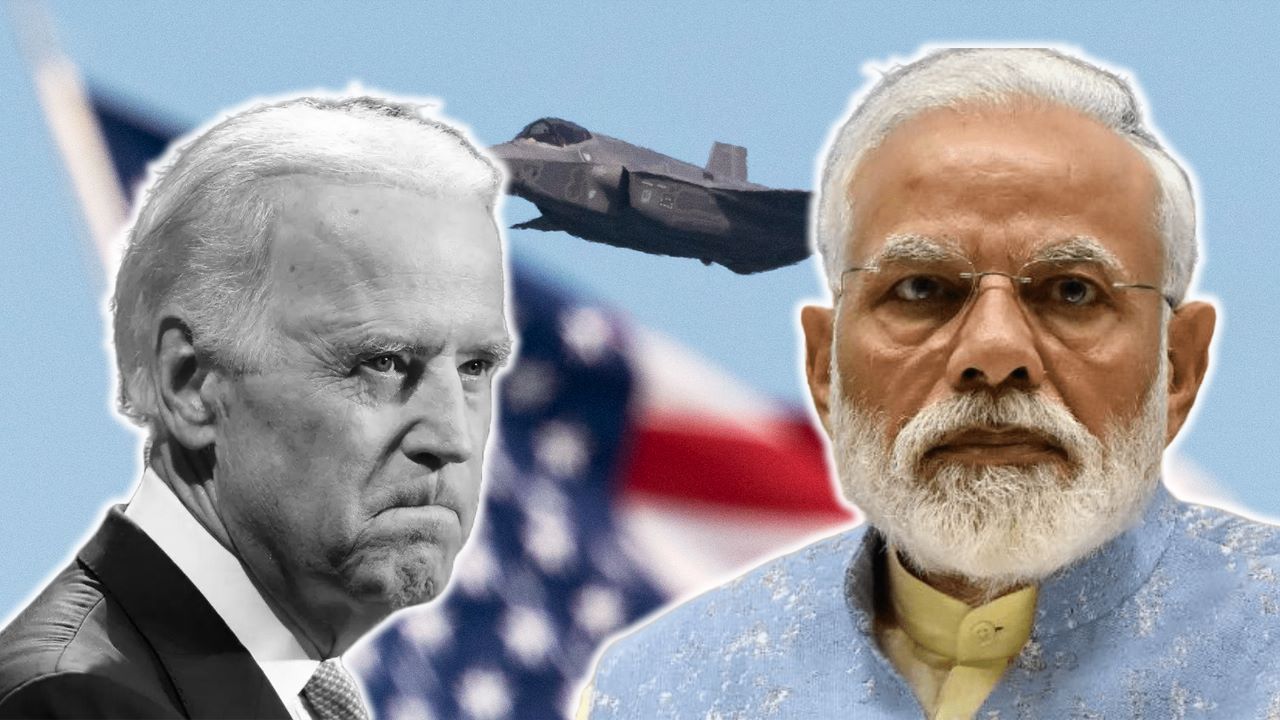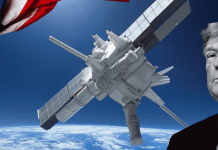The structure of the five permanent (P-5) members of the Security Council (SC) was first introduced in 1945. Nearly eight decades have gone by; the structure with its mandate remains the same.
The world has changed a lot, but the SC has not. Stewart Patrick, director of the Global Order and Institutions Programme at the Carnegie Endowment for International Peace, said that after eight decades, SC has remained the same even as major players like India and Brazil emerged.
Compounding membership frustrations has been how each of the P-5 countries has retained veto power, allowing each to unilaterally block Security Council resolutions that are not aligned with their own national interests. What is the result of this situation? It is “council paralysis, exacerbated by deepening geopolitical rivalry between Western democracies and authoritarian China and Russia,” says Patrick.
Security Council In Public Estimation
Sometimes, intellectual input in the context of the current estimation of the SC can be devastatingly frank. The Carnegie observer remarked, “To a growing proportion of the world’s governments and citizens, the council today is both feckless and unjust, dominated by irresponsible and unrepresentative powers inclined to abuse their position rather than safeguard the peace” No words can be more scathing than these to paint the ugly picture of the Security Council.
Earlier, Secretary General Antonio Gutierrez had suggested that it was time to reform the Security Council to align with the realities of today’s world. However, he also said whether countries like India ascended to the group should be decided by the UN Security Council members.
The International Crisis Group’s Gowan said that Russia’s war in Ukraine and the evolving conflict in the Middle East have lent an extra sense of urgency to reform the SC. He added that UN member states were particularly “angry” about Russia’s use of its veto over Ukraine and US vetoes over Gaza.
Last year, a resolution was before the SC that described Russia’s annexation of four regions of Ukraine as illegal and a “threat to international peace and security.” Russia vetoed it.
In response, the Ukrainian president called for Moscow to be stripped of its veto power because its veto rendered the international body “ineffective.” This is precisely the impression many members of the UN General Assembly carry.
More recently, Washington vetoed a resolution that demanded an immediate humanitarian ceasefire in Gaza. The Council has been struggling to deal with more issues before it, like the wars in Sudan and Myanmar, but without any positive outcome. That is why Richard Gowan of the International Crisis Group said, “The UN is losing credibility as big power tensions rise.”
Vinay Kaura of Sardar Patel University says that the SC has remained the same even though the world has undergone dramatic changes since 1945, with nations like Brazil, Japan, and Germany gathering strength politically and economically. He added that many countries think SC’s performance and legitimacy have declined.
The geopolitical rivalry between liberal democracies and authoritarian regimes has also deepened.
Hurdles In The Way
What holds back the SC from initiating a reform process, given so much criticism and plausible reasons for reforms? Yes, there are reasons that pop up once we make a dispassionate analysis.
As we know, there is a tall order of amending the UN Charter, with different countries taking varying positions on the issue. Another hindrance is the veto power granted to five permanent members.
There is substantial disagreement among member states regarding ‘whether’ and ‘how’ the current veto provisions should be extended to new permanent members of the UNSC.
Any change in the voting procedure would require the consent of two-thirds of UN members, which seems a difficult thing to happen. After all, we cannot close our eyes to the growing geopolitical rivalries and deepening polarization among the member states. It is a reality.
Courtney Fung, a scholar-in-residence at Asia Society, Australia, agrees that the odds are many. One reason, he argues, is the competing proposals over reform, which included an African-led plan, as well as submission by the so-called G-4 of Brazil, Japan, India, and South Africa.
Reform processes are consensus-driven even in the politicized environment of today’s UNSC. In 2022, President Biden tried to harness the sense of discontent with the Security Council.
Speaking about Russia’s war in Ukraine, he said at the UN, “Washington supported increasing the number of both permanent and non-permanent representatives of the Security Council.” Though he had set the agenda for other powers and held many consultations, he was not able to make progress, though the commitment remains in place.

Politicising Security Council
At the Security Council meeting last month, Russia offered full support to India’s candidacy for SC permanent membership.
Russian Ambassador to New Delhi commented, “India had a balanced and independent approach to most topical issues and warranted becoming a permanent member of the SC.” A few months earlier, President Putin had also backed India’s view, saying international laws must reflect the “requirements and demands of today.”
The P-5 represents victor nations of WWII, and now, with Russia behind India’s bid, only one — China — remains opposed to admitting the South Asian giant.
Political observers say that Beijing is determined to remain the only Asian nation in the exclusive group and will not be swayed by Moscow’s effort to see India in.
Professor Vinay Kaura of Sardar Patel University thinks that China is not influenced by Russia’s consistent support for India, resisting any restructuring of the Security Council that carried the prospect of bringing India into the group; this being the bottom line of China’s anti-India policy, China can fumble for a variety of flimsy reasons to justify its opposition to India.
For example, the US joined a high-altitude military exercise with India near its Himalayan border with China. It is gall for Beijing. Since China is the only Asian power represented in the UNSC, it does not want any other Asian country to share this privilege.
Professor Kaura is right in concluding that Beijing’s opposition had also been apparent in its strategy to downsize and restrict India’s strategic influence at both a regional and global level.
China’s View Of Reform
China says it supports reforms to the SC but has stopped short of providing specific proposals. Its reform concept is limited to “a greater say for developing nations.”
Consider this vague and imprecise statement of Wang Yi, the Chinese foreign minister, in the context of reforming the SC, “Reform should increase the representation and voice of developing countries, allowing more small and medium-sized countries to have more opportunities to participate in the decision-making of the council.”
He is talking of “small and medium-sized countries.” Are Brazil, Japan, Germany, or India small/medium-sized countries? He just means to be munificent to the small countries but not empower them with the powers that P-5 enjoys.
India is adamant that she should have permanent membership of the SC, being the world’s largest democracy, the most populated country in the world, and the country with the highest economic growth rate.
Prime Minister Modi made it clear in one of his addresses to the General Assembly. He had asked how we can talk of it as a primary organ of a global body when the continents of Africa and Latin America are ignored. How can it claim to speak for the world when its most populous country, and its largest democracy, is not a permanent member?”

Richard Gowan of the International Crisis Group thinks that the absolute red line for China would be if Japan won a permanent seat on the SC. China wants to remain the only Asian power with a permanent seat in the SC and keep India out.
Gowan said that China had previously used its blocking power to support Pakistan over the Kashmir conflict with India. If China has to deal with India as an equal at the UN, it would reduce its influence over Asian-related diplomacy.
Conclusion
The only one out of the five permanent members of the Security Council opposes unavoidable reforms in the UNSC. It is an authoritarian ideology pitted against democratic ideology.
China is the real cause of polarization of the comity of nations. The majority group at the SC will have to seriously think about how consensus on vital global issues can be built at the SC and how the veto power can be protected against abuse.
The sooner this crisis is resolved, the better, failing which the future of this important world body is in jeopardy, and so is the world peace.
Even Elon Musk, the world’s richest man, said – “India not having a permanent seat on the Security Council, despite being the most populous country on Earth, is absurd.”
- KN Pandita (Padma Shri) is the former director of the Center of Central Asian Studies at Kashmir University. Views Personal of Author.
- Follow EurAsian Times on Google News




